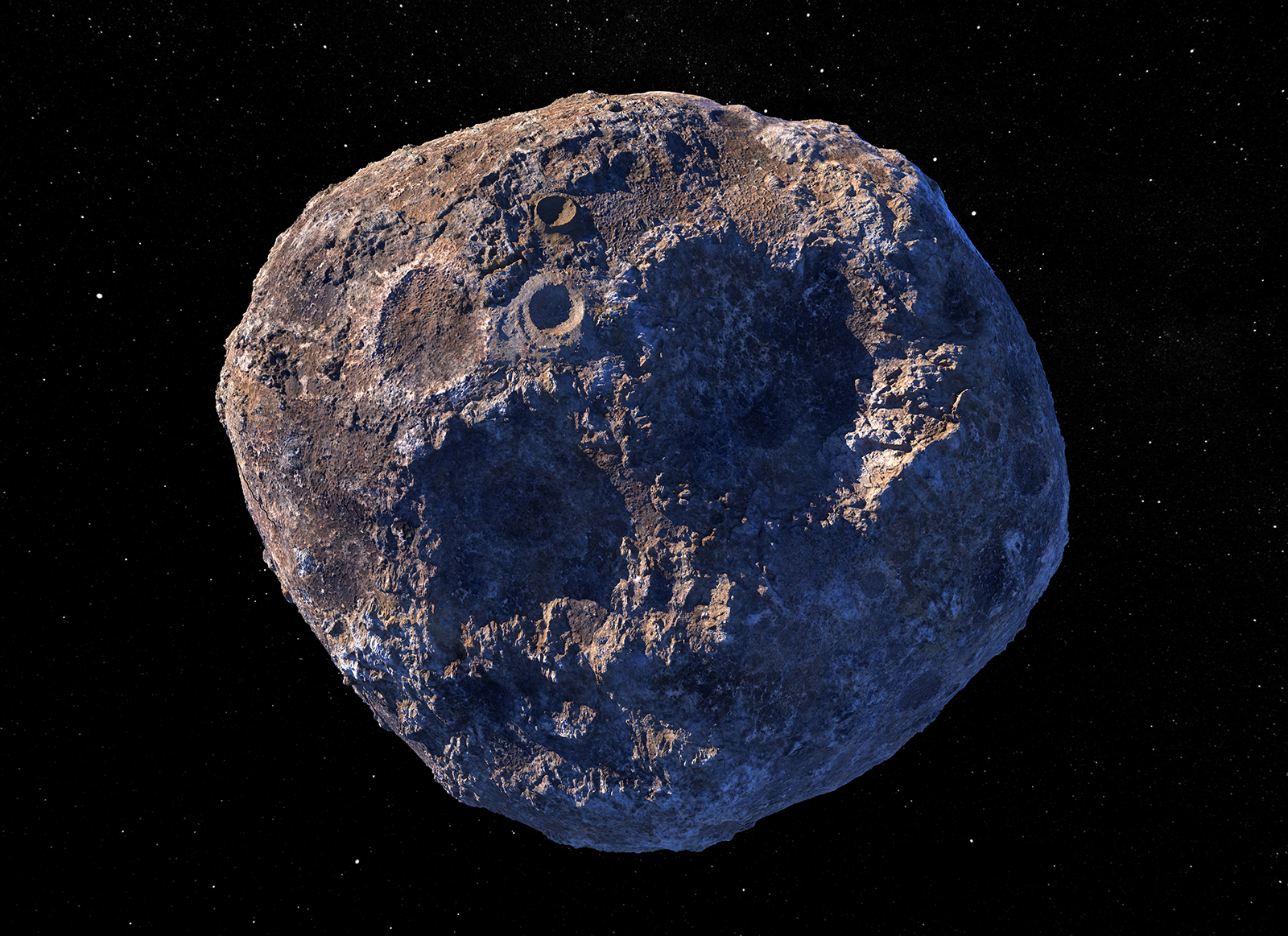The newly baptized asteroids include the names of earyl 20th century poet Endre Ady (arguably one of the greatest Hungarian poets), mathematician Pál Erdős, philosopher Béla Lukács, water polo player Béla Komjádi, and swimmer Katinka Hosszú, who just finished her long Olympic career in Tokyo.
As the Wednesday report of the ELKH Research Center for Astronomy and Earth Sciences states, naming asteroids is an old tradition, according to which the discoverer has the right to choose a name for the new body. That was the case two hundred years ago, and so it is today, when names have long been unable to keep up with the hundreds of thousands of celestial bodies found by automatic telescopes.
The tradition is still alive, even though conditions have become much more strict over the years. At first, new asteroids were named immediately after their discovery; later, discoverers have had to wait for them to be numbered, which is conditional on accurate orbital calculation, i.e. secure identification.
Hungary was an “asteroid superpower” for a decade at the end of the 1930s, due to the research program led by György Kulin at the Svábhegy Observatory just outside Budapest. The program was resuscitated in 1997 by the University of Szeged and the ELKH Astronomical and Earth Observation Research Center.
Most of the nearly 2,000 asteroids discovered since then were found with the 60-centimeter Schmidt telescope of the Astronomical Observatory of the Astronomical Institute by astronomers, students, and staff of the Szeged and Budapest Science Universities.
In order to get a celestial body serial number, the International Astronomical Union previously required two observations in two different years, but now as many as twelve observations are required, as well as proven data of the body’s orbit.
After that, the discoverer has ten years to find a name to the asteroid to replace the original registration number. Persons (including living ones) can have their names thus immortalized, but there is a hundred-year moratorium on politicians and soldiers.
The acceptance of the names has been suspended for most of the past year and a half, as the right to officially announce the names has changed hands, but in May of this year the process was finally restarted, so the 16 previously submitted Hungarian name proposals were accepted.
Of the new Hungarian names, it is somewhat surprising that it took so long for mathematician Pál Erdős (1913-1996) to have his own asteroid. Born in a Jewish intellectual family in Budapest just before World War I, Erdős is one the most prolific mathematicians of all time, with over 1,500 mathematical papers published during his lifetime. He once famously said that “a mathematician is a contraption that turns coffee into theorems”.
Title image: The asteroid Psyche. (source: jpl.nasa.gov)






